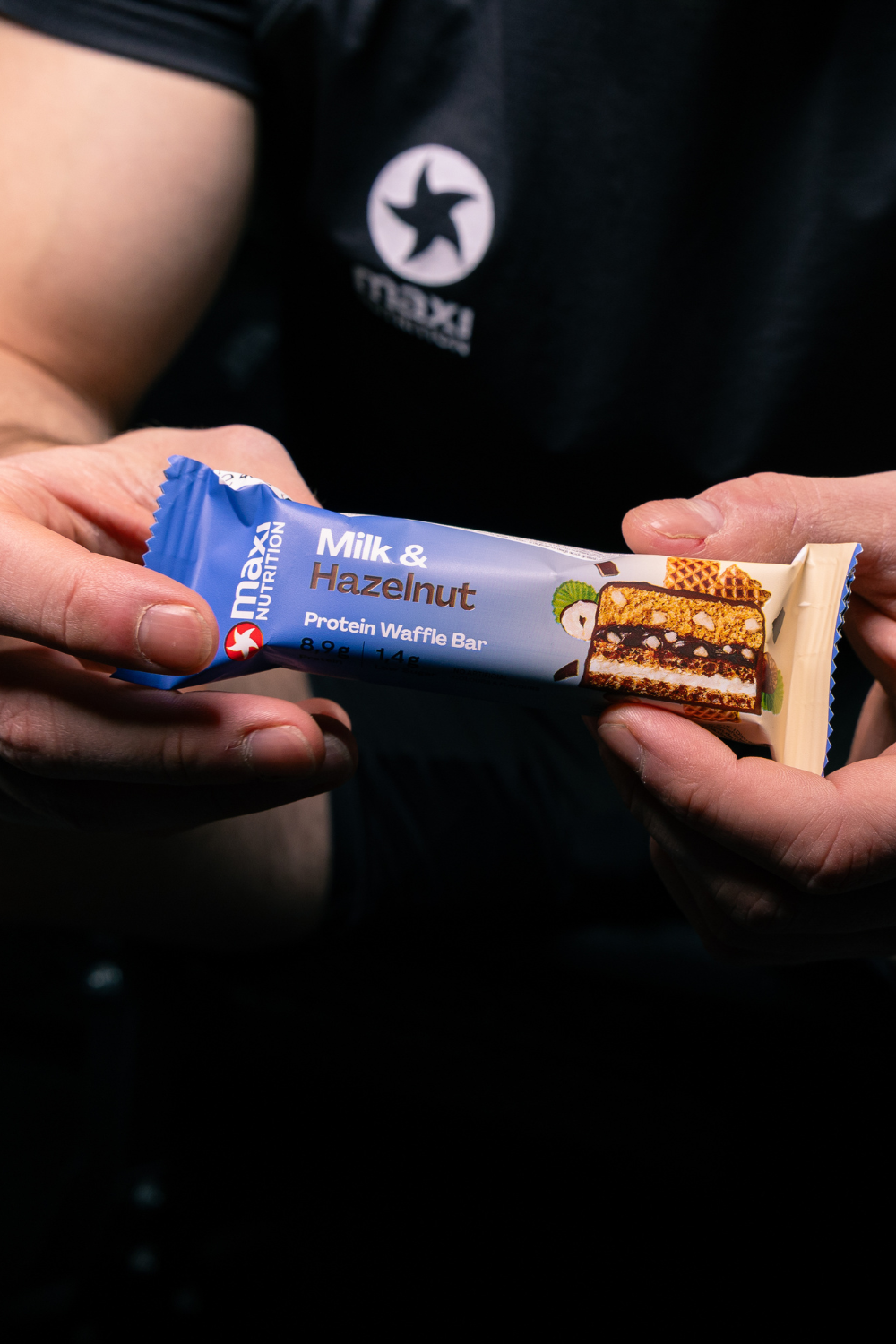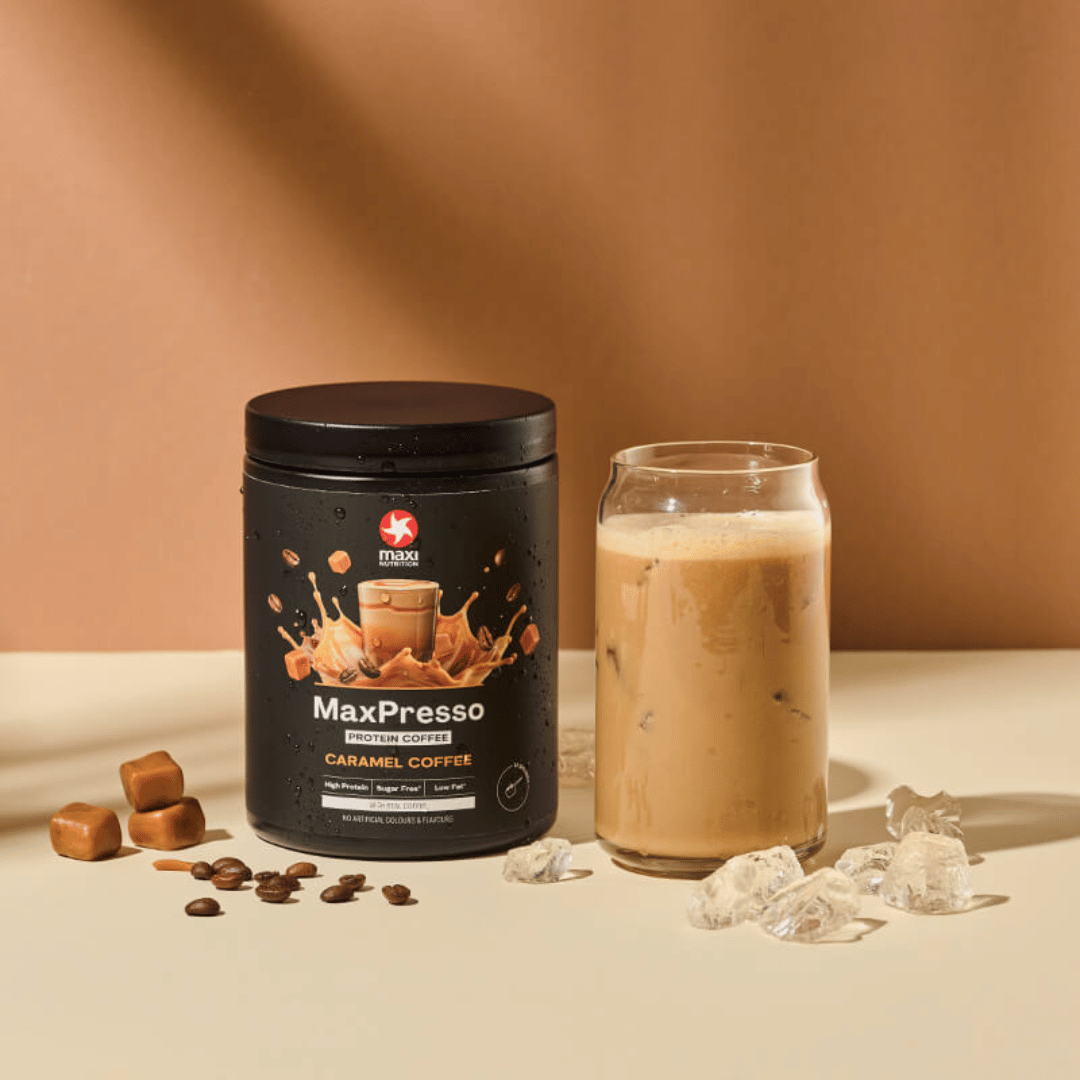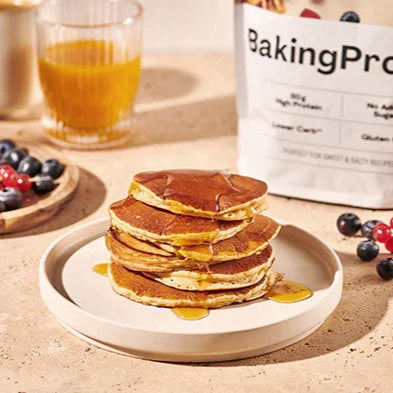Is counting calories worth it?
In a word, yes! Investing the time to count calories and having a greater understanding of the nutritional value of your foods will pay dividends. But before you become glued to food packaging and nutritional tracking apps, it’s worth understanding how many calories you need on a daily basis. It’s then important to know where these calories come from, as in the macronutrients: carbohydrate, fat and protein. I’m Gareth Nicholas, Head Nutritionist at Maximuscle, let me share with you my thoughts and opinions in trying to shape and monitor the right diet for you.
Energy and the daily calorie requirements
When it comes to the foods we eat and the energy they provide, not all calories are created equally. The unit of measure (kcal) maybe the same, but not all calories are the same; the metabolism differs from person and food. Let’s also remind ourselves of the first law of thermodynamics – the conservation of energy. Energy can neither be created nor destroyed, it can only be transformed or changed. The human body can find and use multiple energy sources, although some are utilised easier than others. For example, the body is more in-tune with burning simple sugars rather than fatty foods.
Daily Calorie Requirement
Generally, the recommended daily calorie intake is 2500 kcal per day for men and 2000 kcal for women, but this is very arbitrary, especially as we are all different shapes and sizes, with different goals and when it comes to dieting, we are all starting from a different point.
Weight Loss through a calorie deficit
The key to weight loss is burning more calories than you consume – energy out versus energy in. Start with an energy restricted diet, therefore creating a calorie deficit. For example, reducing your overall energy intake by 20%. From an absolute numbers perspective, some nutritionist and dietitians would suggest a reduction of 500 kcal per day, but this could have a dramatic impact depending on your current weight and energy intake. For some people, a 20% reduction can be a big change, perhaps start with a 10% reduction for the first couple of weeks, then move to a 20% restriction, once you have got a handle on things. For the more overweight individuals, don’t forget that cutting your calorie intake won’t stop the fuel supply. It will just create the right environment for your body to burn the stored fuel you already have. These are just words and it’s not to say that this process is in anyway straightforward or easy.
Side effects to counting calories
What’s the downside to calorie counting? Well, in truth, it’s onerous and you just become a slave to the numbers rather than having a healthy easy-going relationship with food. That said, I would thoroughly recommend counting calories, especially when starting a new diet or trying to make a change. Calorie counting provides some education on the make-up of foods, which is why the government is in favour for the ‘on pack traffic light system and back of pack regulations’, but that doesn’t help when it comes to putting meals together. You will also discover that the more ingredients and naturally derived your meals are, the harder they are to calorie count, and you will be spending more time trying to figure it all out versus actually eating the foods you have prepared.
Question your diet
A different approach is to come at it from the other side; thinking more about what foods and nutrients you need to add into your daily diet, and what foods to restrict or avoid. Below is a few questions that you should ask yourself when planning your meals:
- Is there protein in this snack/meal?
- Does this meal contain less than 10g of sugar?
- Does this snack/meal contain fibre?
- Can I reduce the saturated fat?
- Have I eaten at least 1 portion of fruit and 4 portions of vegetables today?
- If processed foods, can I make this more naturally derived?
You may not be able to answer Yes to all six questions but the more yeses, the better.
Convenience, or more accurately laziness, really dominates our food choices. We can all create time to plan and prepare the food we eat. It’s just a matter of whether we want to and where healthy eating currently sits on our priority scale. Recognising and appreciating that we all have a different starting point. We all want to be healthy but are we ready to make healthier choices? The more emphasis we place on it, the more likely we are to succeed.












































